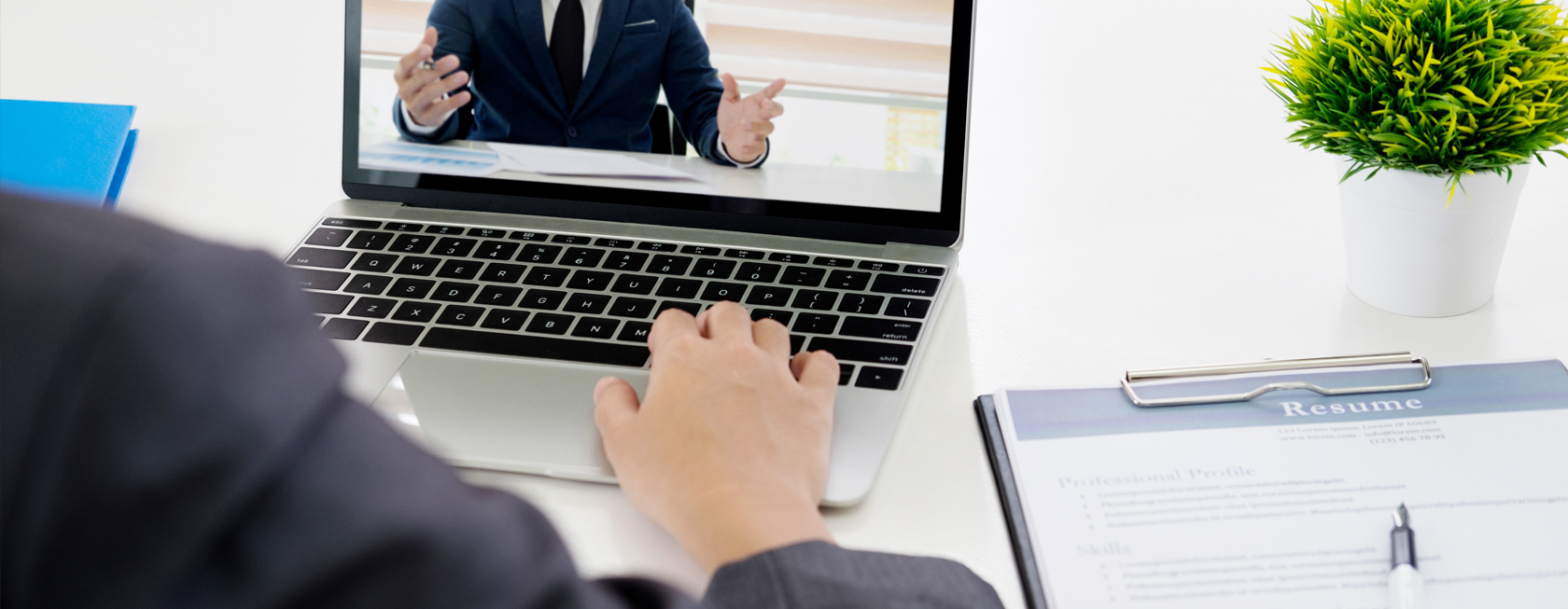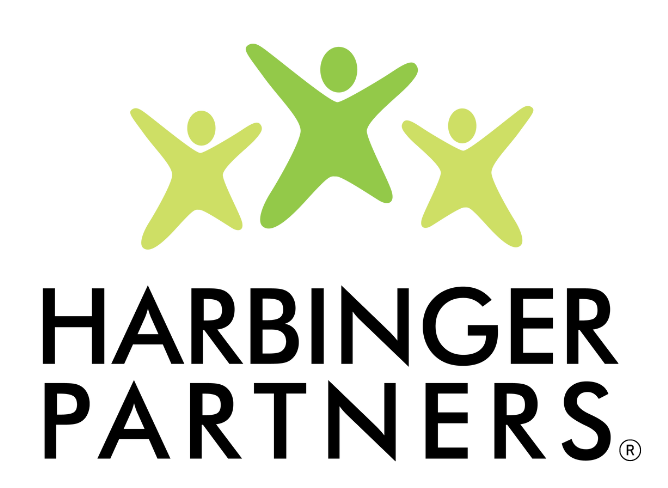
Ready, Set, Interview!
You’ve secured an interview, prepped for the questions, and are dressed the part. It’s show time! The interview is your single most important selling tool. You have one shot at making your best first impression. We’ve pulled together a few of our top tips to help you do just that.
Non-Verbal Actions Speak Volumes
What you do in an interview is just as important as what you say. Our recruiters offer a few tips to help you say only what you want to say.
- Lean forward in your chair. Leaning back is too relaxed. And use good posture.
- Listen actively, particularly for the needs of the client. Focus your answers on responding to those needs.
- Make eye contact. And remember to smile.
- Take notes. You can use these to formulate questions by referring back to what they are looking for. For example, you could say: “You had mentioned that you have major projects coming up. Can we talk about those projects and any involvement I might have?”
The Q&A Session
In addition to non-verbal actions, your responses to the interviewers’ questions will determine if you will advance to the next step of the hiring process. To increase your chances of being offered the job:
- Do not give one-word answers. Provide enough detail to satisfy the question, but not to overwhelm them. When in doubt, give a brief one to two-minute answer and then ask if they would like additional details. Include concrete examples, specifically about the issue and end result.
- Be sure to answer the question. Avoid rambling and straying from the original question. And always answer honestly.
- Remain positive in your answers (without being overbearing).
- Prepare for behavior-based questions.
- Be specific. Give examples of what YOU did, not the team.
- Bring it home. Tie answers back to what you have done and done successfully. Interviewers want to know that you have done what is critical in the position and that you can do it for them.
- Be engaged. Show enthusiasm, excitement, and conviction in your answers! However, too strong of an opinion for or against technologies, methodologies, or processes can eliminate you from consideration. You may have strong beliefs, but exercise caution when voicing them, as this can be a surefire way of disengaging an interviewer.
- Ask questions. The interview process works both ways. The point of the interview is for both sides to confirm that you are a fit for the company and position.
In Conclusion… Ask, Share, and Thank
When the interview is wrapping up, we suggest you touch on a few key points.
- Ask a final question to ensure that the interviewers have what they need to make a decision. A simple, “Have I provided you with enough information on my skills and background to make a decision?” will work. It’s also fair to ask what the next steps in the process are, and when they plan to make a decision.
- Share your interest and enthusiasm for the job and the company. Let the interviewer know that you are excited about the opportunity and reiterate you have the ability to do the job.
- Thank the interviewer – for the opportunity to speak with them, their time, and the additional knowledge about the company and position.
What Not to Do at an Interview
We’ve shared plenty of tips to ensure you make a great first impression. Now it’s time for a few things to avoid.
- Never complain about previous coworkers, places of employment, etc.
- No fidgeting in your seat or with an item on the table. Interviewers will focus on that instead of you.
- Never say “I can’t do that.”
- Humor should be used sparingly. “Funny” is subjective and it is best to stay out of areas that can be left open to interpretation.
- Do not chew gum.
- Do not talk about personal issues, appear desperate, or misrepresent yourself.
- Do not be the one to bring up salary. If it needs to be addressed, let the interviewer be the one to start the conversation.
After the Interview
Even after the interview is over and you leave the building (or hang up the phone or click the “end meeting” button on Zoom), you can still make an impact. Always send a follow-up thank you note. Reiterate your interest, your ability to do the job, and extend your appreciation. Most candidates do this via email, but if you want to stand out (in a good way), mail a handwritten thank you note after you finish the interview.
Whether you interview for new positions often or you haven’t in many years, following these tips will prepare you to make a great impression and, if you have the skills required, increase your chances of getting the position. If you are looking for a position, please visit our career openings.



